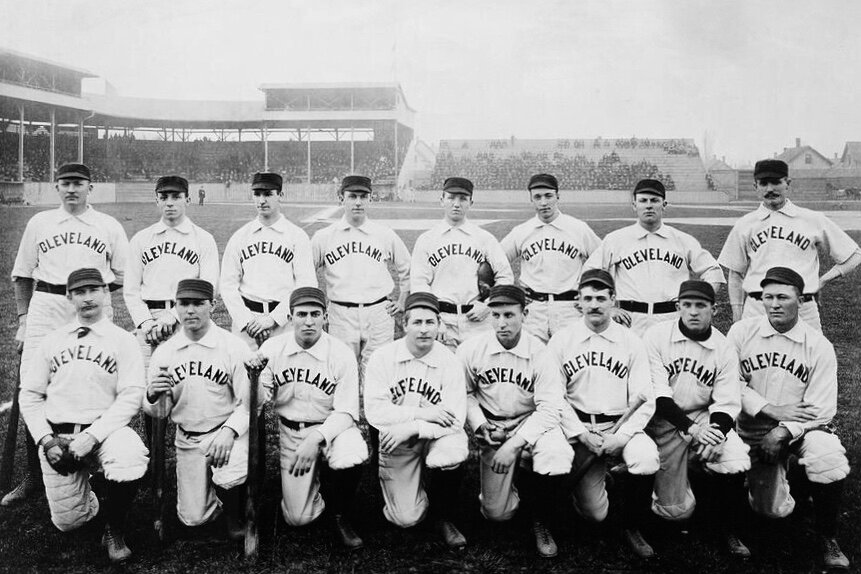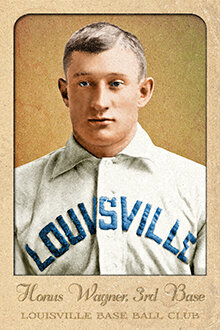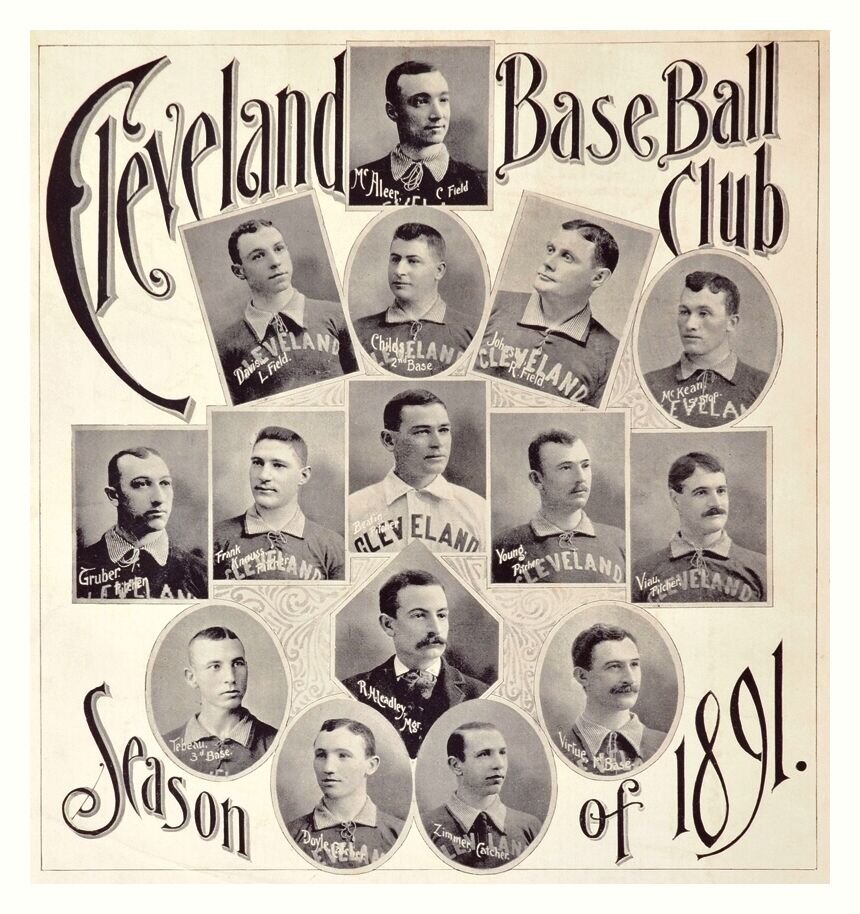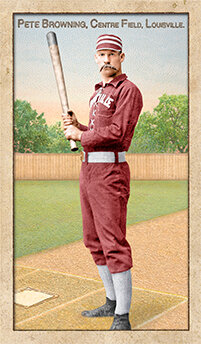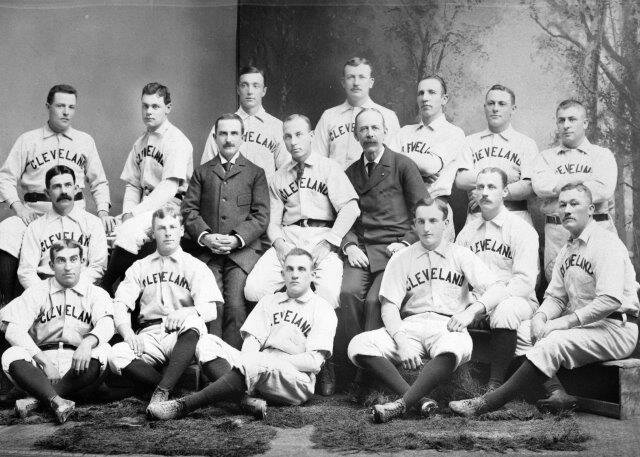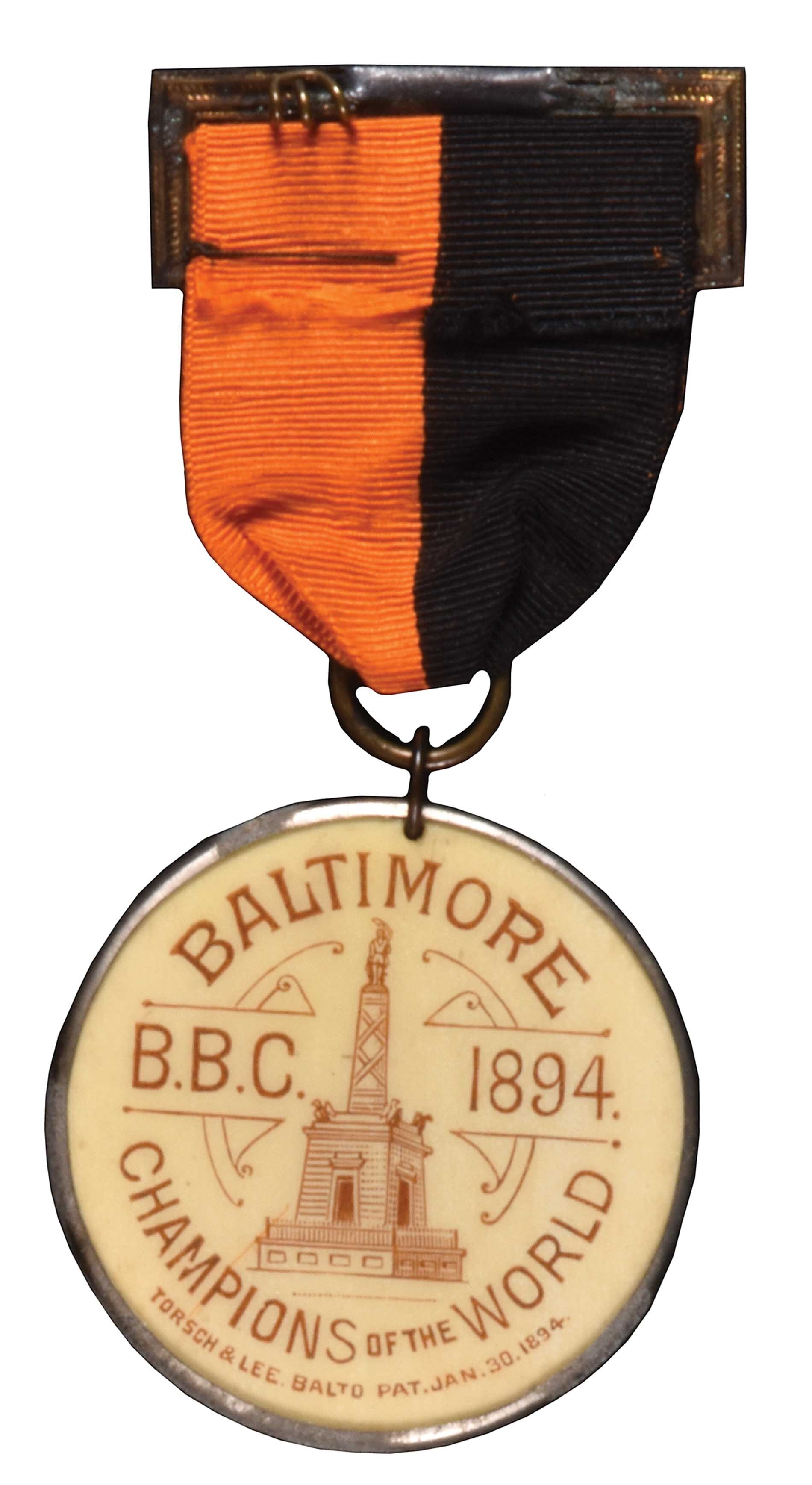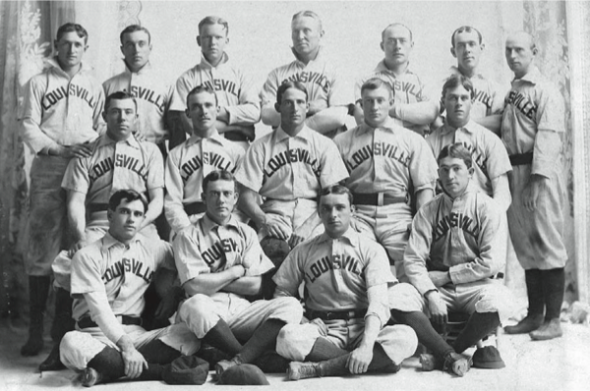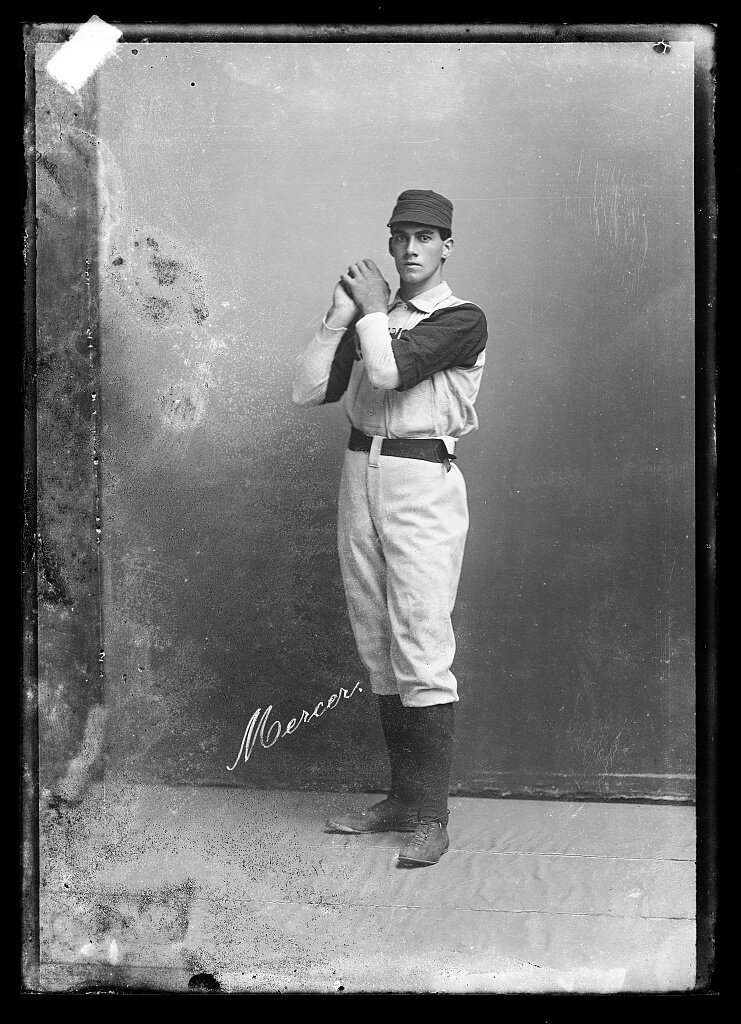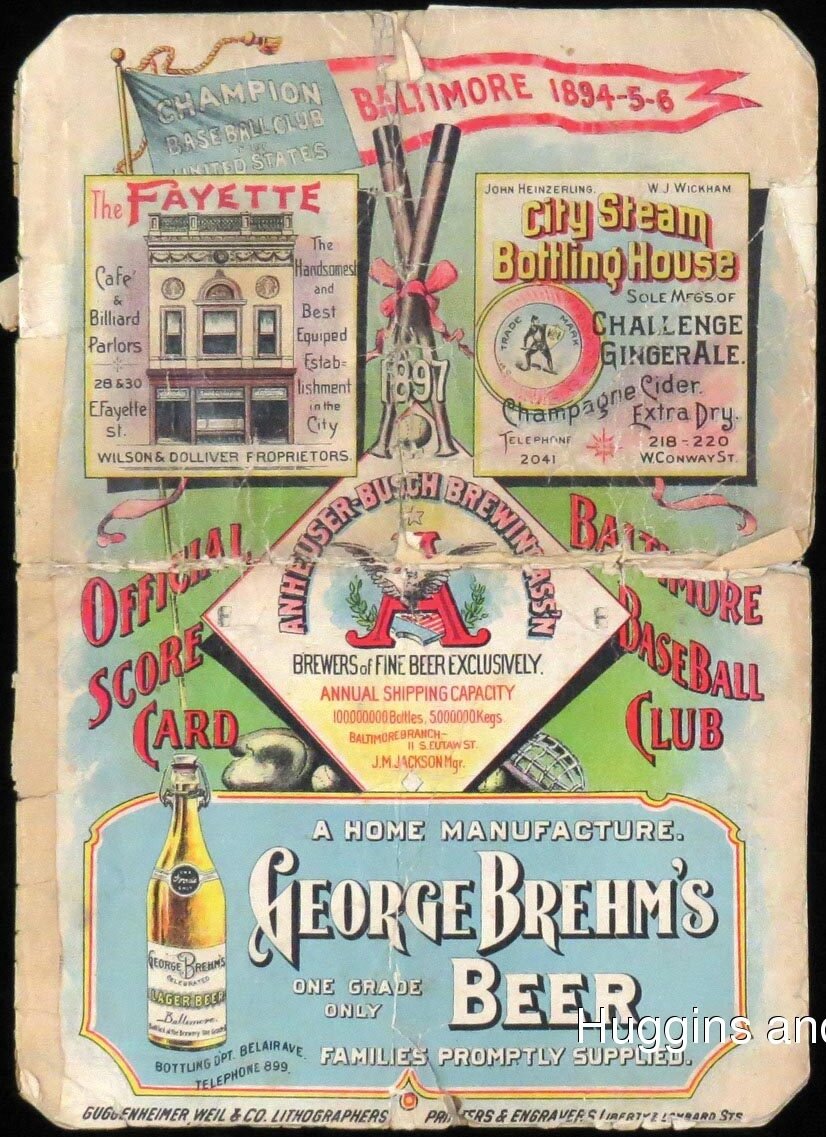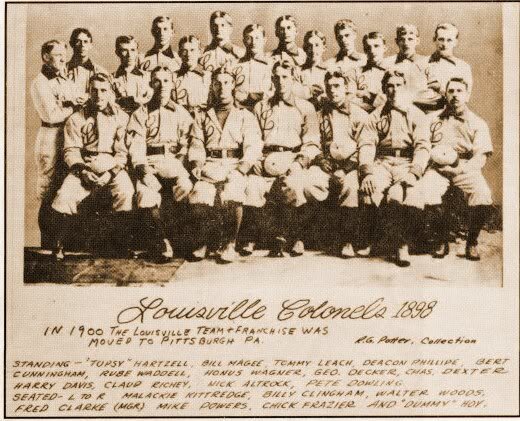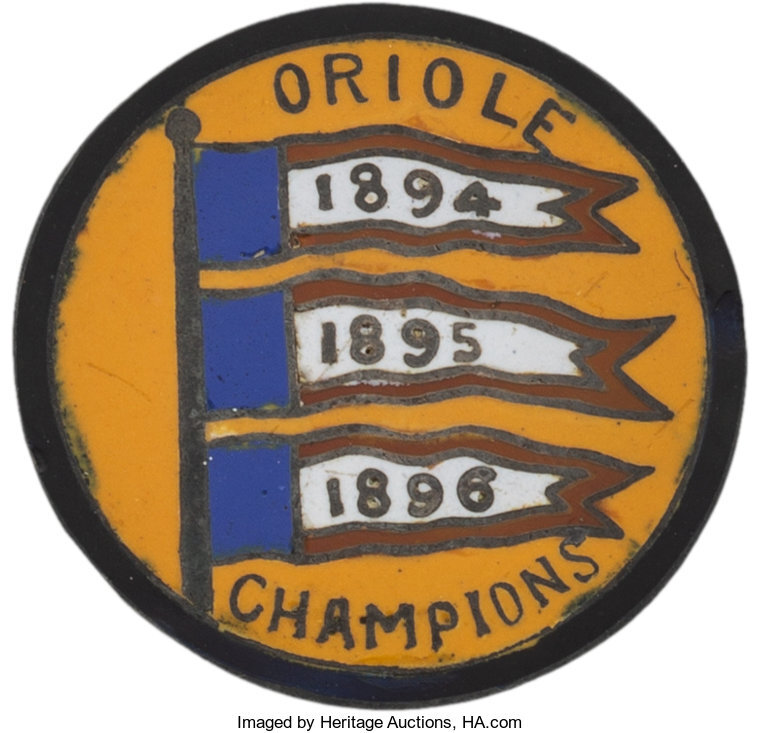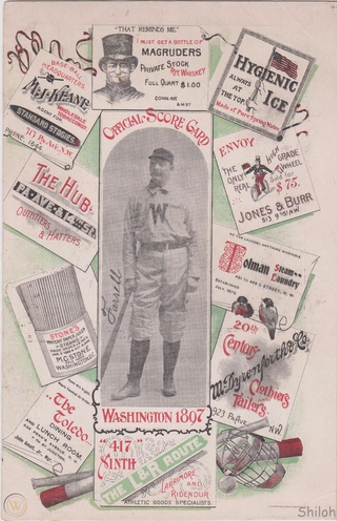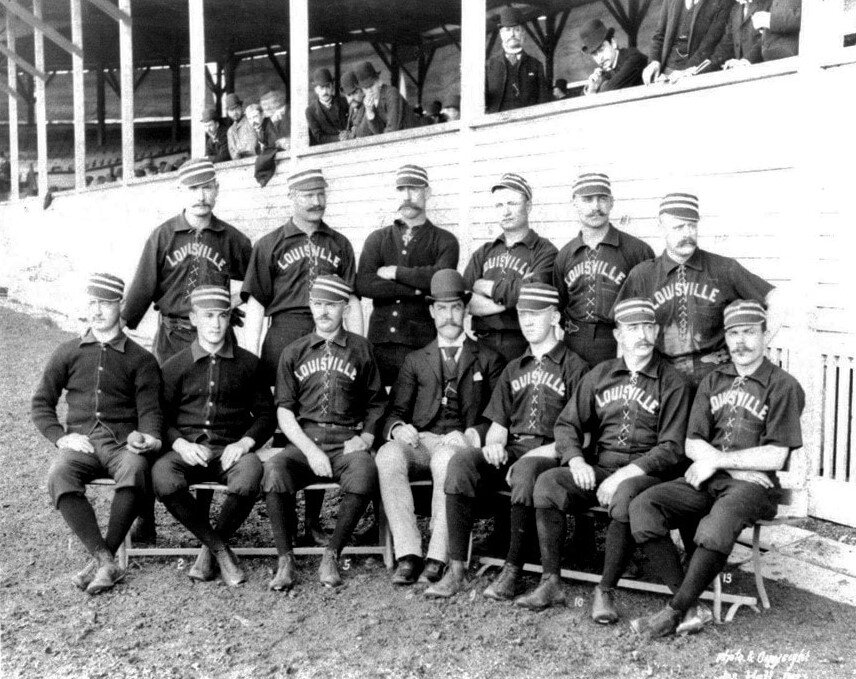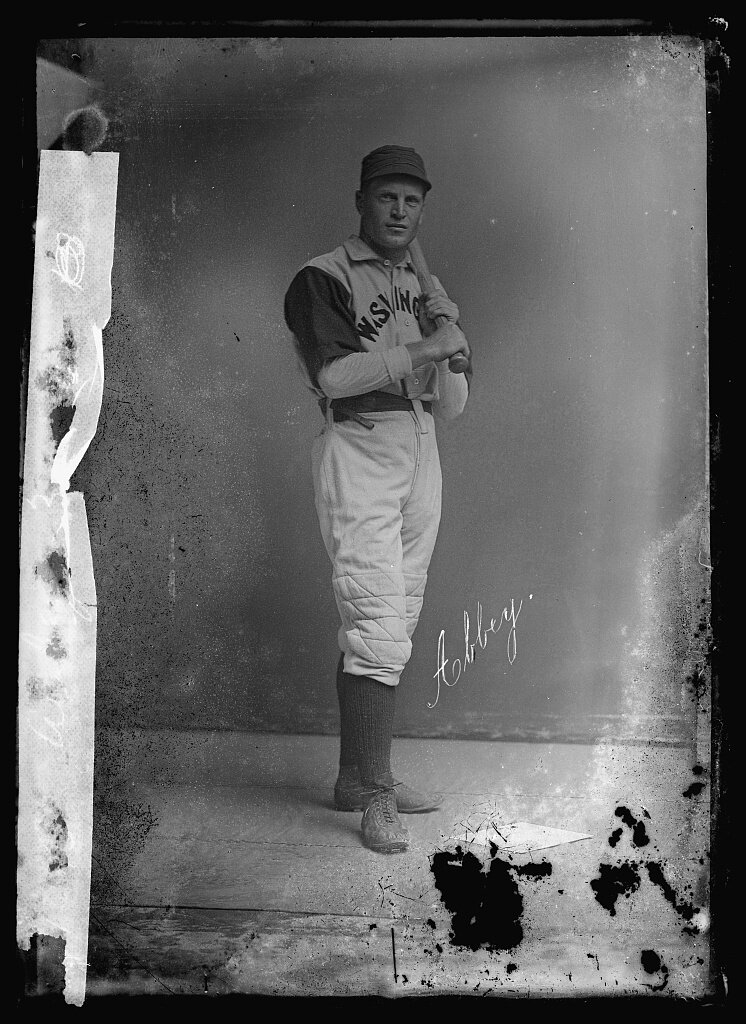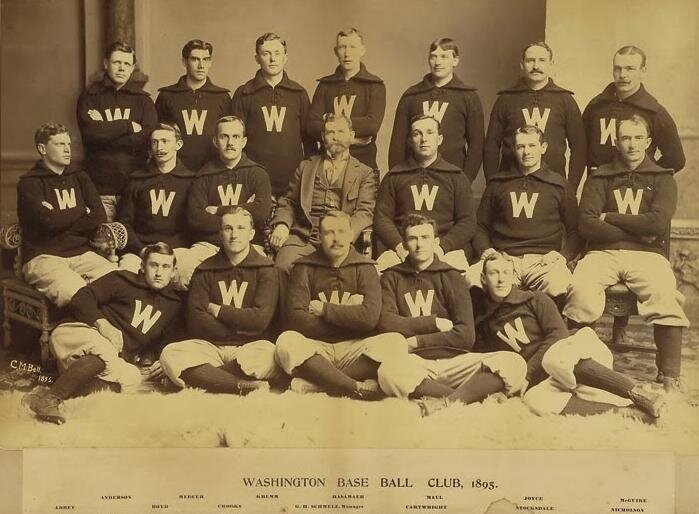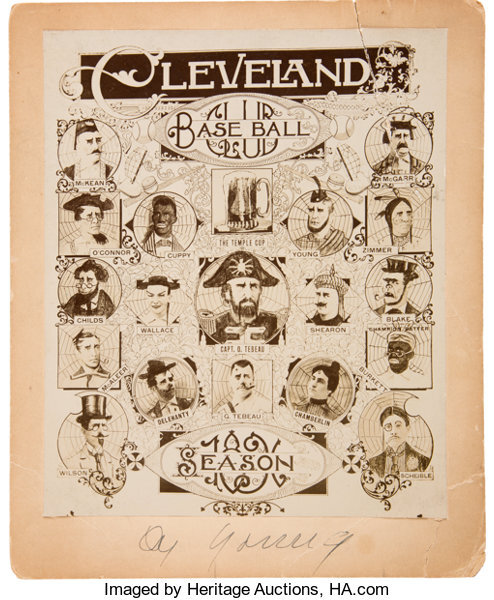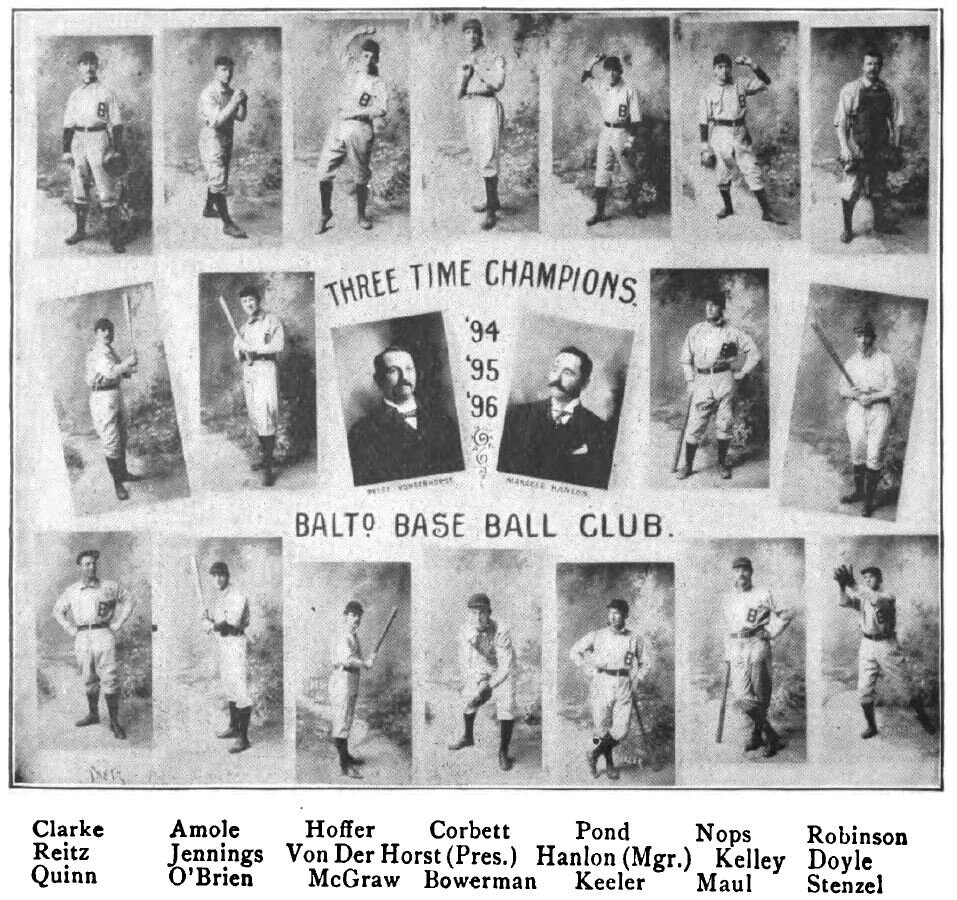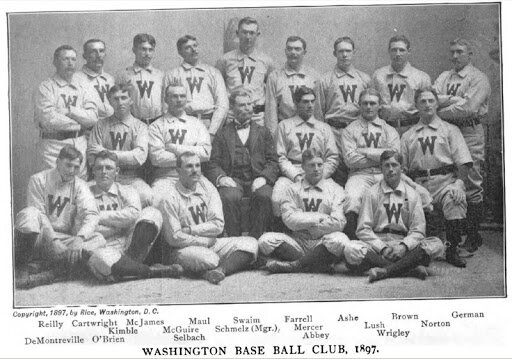Baltimore-based music historian and unwitting baseball biographer Tim Newby ("The Original Louisville Slugger: The Life and Times of Forgotten Baseball Legend Pete Browning") joins the show to delve deep into the story of one of the most formidable baseball players of the 19th century, whose mastery with a bat is still paying dividends today.
Over his 13-year career (including now-defunct stops like the American Association's Louisville Eclipse/Colonels and the Players' League's Cleveland Infants), inveterate power-hitter Pete Browning claimed three batting titles and consistently ranked among the top hitters of his time - immortalized as the namesake and inspiration for the iconic Louisville Slugger bat, which was first custom-made for him by the Hillerich & Bradsby Company.
Known as "The Gladiator," Browning was famous not only for his batting skills but for his unusual habits - refusing to slide, balancing on one leg, drinking tabasco sauce, and naming his bats after biblical figures - all in pursuit of improving his game. Behind the theatrics, though, lay a more tragic reality. Browning suffered from mastoiditis, a painful condition that gradually took his hearing and hindered his education and career, ultimately leading him to self-medicate with alcohol. His larger-than-life personality, coupled with embellished newspaper accounts, only added to the myth surrounding him.
Newby helps us dance around the thin line between fact and fiction of Browning's life - including why the "Louisville Slugger" is not (yet?) in the National Baseball Hall of Fame.


